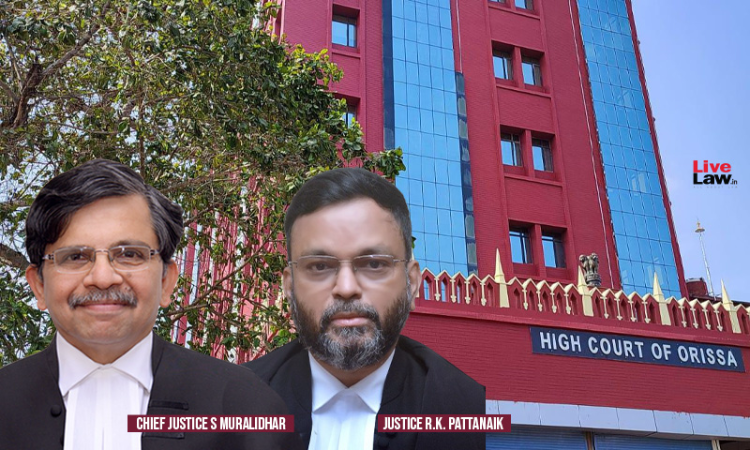Commission Paid To Persons Who Are Not Beneficial To Business Of Assessee Is Taxable : Orissa High Court
Jyoti Prakash Dutta
16 May 2022 9:00 AM IST

Next Story
16 May 2022 9:00 AM IST
The Orissa High Court has dismissed a challenge against an order of the Income Tax Appellate Tribunal, Cuttack (ITAT) which disallowed commission expenses as claimed by the appellant. It held that the appellant was not able to prove the expertise of persons to help him in business to whom the said commission was paid. Denying the arguments of the appellant, a Division Bench of...
